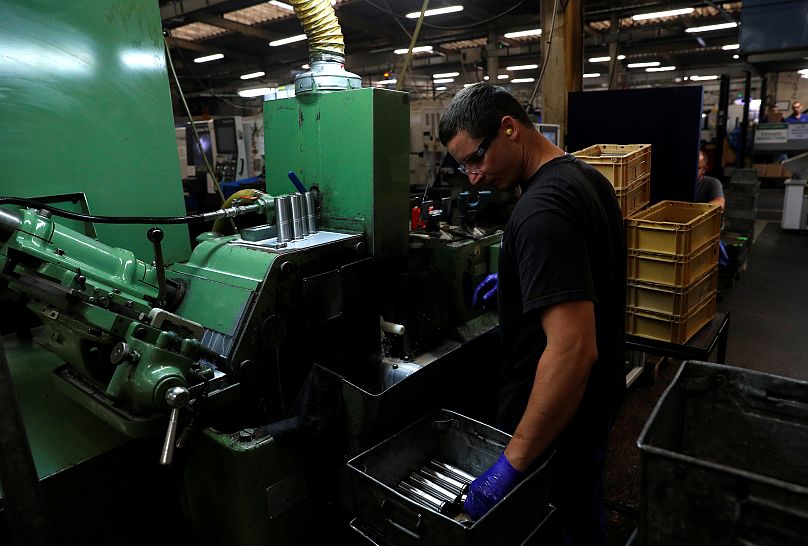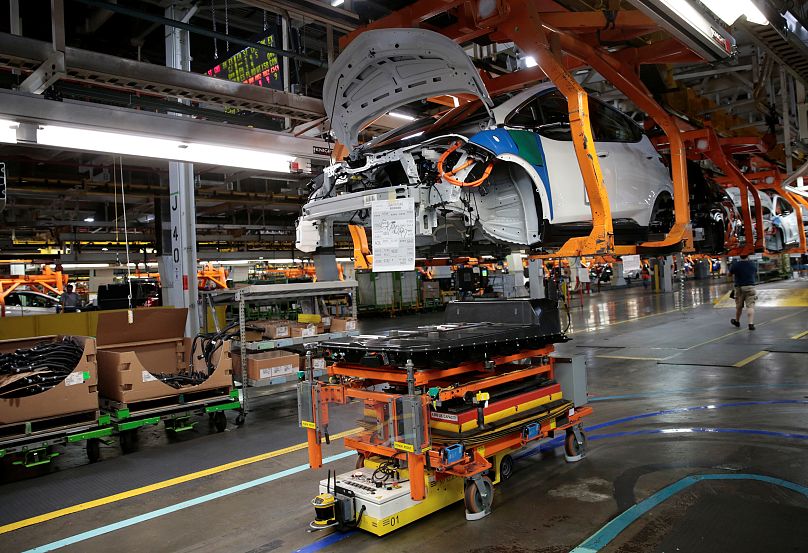A 2017 study by the McKinsey Global Institute predicts that by 2030 as many as 800 million jobs will be lost to automation. But who will be the most affected and how can we prepare?
As humans develop more powerful machines that increase productivity and improve life, modern technologies have also taken over some occupations previously performed by humans. A 2017 study by the McKinsey Global Institute predicts that by 2030 as many as 800 million jobs could be lost to automation.
The drastic effect automation could have on the everyday workforce could be as big as the transition from out of an agriculture-heavy economy in the early 20th century, the report said.
The study found that in about 60% of occupations, at least one-third of activities could be automated.
Jobs that will be the most affected will be the physical ones like operating machinery or simple services like preparing fast-food meals.
Tasks that are centred around collecting and processing data, such as accounting and administrative positions, are also at risk.
Automation will have less impact on people working in management positions who have highly-qualified skills and have a set of emotional skills that machines are not capable of yet.
Up to 375 million people may need to switch to another profession and learn new skills, according to the report.
Finally, the research predicts that new jobs will be created for everyone but that the biggest challenge will be to ensure that workers have the skills and support needed to transition to new jobs.
A road to progress but also societal disruption
Euronews caught up with Martin Kern, director of the European Institute of Innovation and Technology (EIT), at this year's Web Summit in Lisbon.
The EIT is the independent body of the EU, which supports innovation projects across the union.
Kern told Euronews the challenge with automation is that it brings change “faster and faster” putting “an enormous strain on people to retrain themselves, develop new skills and be flexible.”
“Young people will have to accept this as the reality much more than people who entered the job market 20, 30 years ago,” he said.
Kern added modern technologies could also pose a challenge to governments because they “will have to support people who have trouble adjusting to that mentality so they don’t fall through the net.”
He said governments should make sure their education systems were equipped to offer the type of skill set needed in a more digital world so that people who lose jobs to automation can quickly retrain and not stay too long out of the job market.
The report listed social and emotional skills as well as cognitive capabilities as the most important for humans to learn to stay atop automation.
For Kern, innovation can be a major driver of progress and improve quality of life but at the same time it can bring "disruption", which is why "it's important to channel innovation to the beneficial side of it and not to ignore the negative challenges that it can bring."













